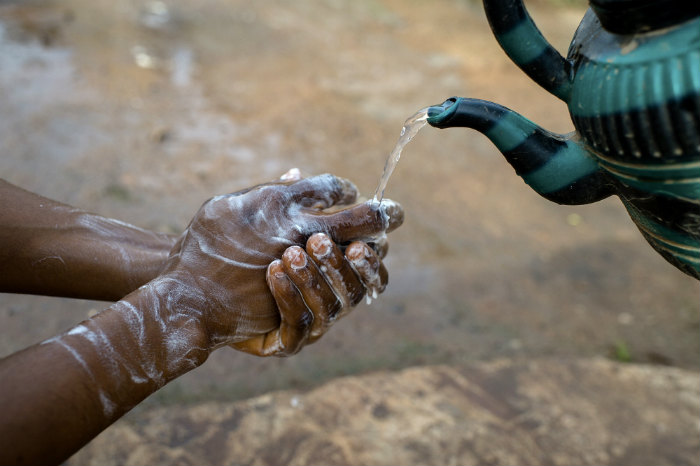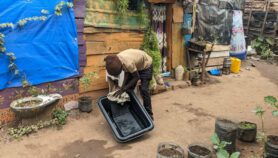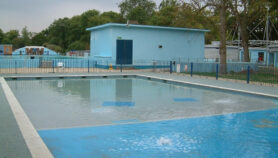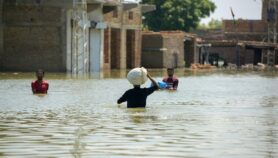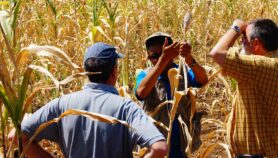By: Jan Piotrowski
Send to a friend
The details you provide on this page will not be used to send unsolicited email, and will not be sold to a 3rd party. See privacy policy.
The UN should set up a high-level expert body akin to the Intergovernmental Panel on Climate Change (IPCC) to help modernise its response to water and sanitation issues, an expert panel says.
In a final report released today, the UN Secretary-General’s Advisory Board on Water and Sanitation (UNSGAB) says the UN needs a scientific body similar to the IPCC for water and sanitation issues that are relevant to much of the post-2015 development agenda, including health, food production and climate change issues.
“At the moment, the relevant international architecture is not fit for purpose” to monitor and improve water issues in a coordinated manner, says co-author Judith Rees, vice-chair of the Grantham Research Institute on Climate Change and the Environment at the London School of Economics in the United Kingdom. Rees is a member of UNSGAB, which has now reached the end of its 11-year mandate.
During the past decade, the board has written policy briefs and analyses of UN actions, encouraged better scientific input in policy decisions and worked to improve disaster risk reduction, the report says.
It comprises prominent academics and business and policy representatives, including, for example, Kenyan geologist Eric Odada and Angel Gurria, the Mexican former secretary-general of the OECD (Organization for Economic Co-operation and Development).
Without a body to replace UNSGAB, “it will be quite a problem keeping water high on the political agenda”, Rees says. An intergovernmental panel of scientists and practitioners would help integrate water and sanitation across different fields and identify research gaps, she says.
But Mark Dent, southern African manager of the Alliance for Water Stewardship, a group of companies, NGOs and intergovernmental organisations that promote responsible water use, says the real force for change lies in grass-roots organisations.
Social media and satellite technology now allow local organisations and communities to monitor water resources and lobby for changes to local water policy, he says. “High-level activity is important … but the focus and funding must be on local players.”
References
The UNSGAB Journey (United Nations Secretary-General’s Advisory Board on Water and Sanitation, 18 November 2015)


